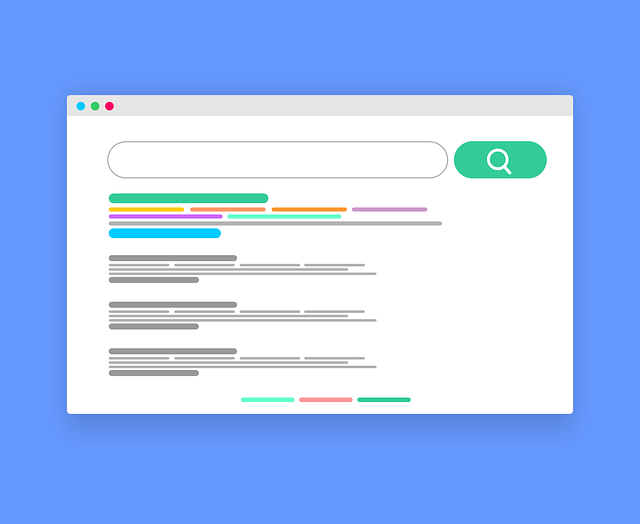Integrating AI-powered search into your website significantly enhances user experience and engagement by providing fast, relevant results that improve over time. This technology leverages advanced algorithms, natural language processing (NLP), semantic understanding, and continuous learning to interpret user intent accurately based on location, device, and previous interactions. Post-integration testing, regular data updates, and fine-tuning are crucial for optimal performance. By employing machine learning, NLP, and fine-tuning techniques, AI-powered search adapts to unique content and structures, saving users time and encouraging deeper exploration, ultimately leading to higher engagement levels.
In today’s digital landscape, enhancing user experience is paramount. Integrating AI-powered search into your website can significantly improve navigation and boost engagement. This article guides you through the process of adding intelligent search functionality with a focus on understanding its benefits and key features, implementing it step-by-step, and optimizing for advanced user experiences. By the end, you’ll be equipped to revolutionize your site’s search capabilities.
- Understanding AI-Powered Search: Its Benefits and Key Features
- Implementing AI Search: Step-by-Step Guide for Your Website
- Optimizing and Fine-Tuning: Enhancing User Experience with Advanced Techniques
Understanding AI-Powered Search: Its Benefits and Key Features

Adding AI-powered search to your site can significantly enhance user experience and engagement. Unlike traditional search engines, AI-driven search leverages advanced algorithms and natural language processing (NLP) to understand user intent behind queries, delivering more accurate and relevant results. This technology enables users to find information faster and more intuitively, even using conversational language or complex questions.
Key features of AI-powered search include semantic understanding, contextual relevance, and continuous learning. Semantic understanding allows the system to grasp the meaning and context of search terms, enabling it to interpret user intent accurately. Contextual relevance ensures that search results are tailored to the user’s location, device, and previous interactions, providing a personalized experience. Continuous learning facilitates the improvement of search accuracy over time as the AI refines its algorithms based on user feedback and behavior patterns.
Implementing AI Search: Step-by-Step Guide for Your Website

Implementing AI-Powered Search: A Step-by-Step Guide
The first step in adding intelligent search to your site is choosing the right AI search engine. Look for a solution that suits your website’s needs, whether it’s for e-commerce, content-rich, or a custom application. Ensure the platform offers customization options and integrates well with your existing infrastructure. Once selected, integrate the AI search API into your website’s backend. This process involves configuring settings, mapping your data fields, and setting up indexing to ensure accurate results.
After integration, conduct thorough testing to validate functionality. Check for relevant search suggestions, contextual results, and the overall user experience. Fine-tune settings based on feedback and analytics to optimize performance. Regularly update your AI model with new data to enhance its understanding of your content and user queries. This ongoing refinement ensures that your site’s search remains intelligent, accurate, and aligned with your audience’s evolving needs.
Optimizing and Fine-Tuning: Enhancing User Experience with Advanced Techniques

Optimizing and Fine-Tuning plays a pivotal role in enhancing user experience with advanced AI-powered search techniques. By leveraging machine learning algorithms, search tools can learn from user behavior to provide more accurate and relevant results over time. This involves continuous improvement based on feedback loops, where system performance is assessed and adjusted based on user interactions. Techniques such as natural language processing (NLP) enable the search function to understand nuances in user queries, resulting in better comprehension of intent behind searches.
Through fine-tuning, the AI search can adapt to your site’s unique content and structure, becoming more adept at delivering precise answers. This not only saves users time but also encourages them to explore deeper within your site, fostering higher engagement levels. By integrating advanced optimization strategies, you empower your site’s search functionality to become a powerful tool that anticipates user needs, ultimately enriching the overall browsing experience.
Integrating an AI-powered search feature into your website is a strategic move that significantly enhances user experience. By understanding the benefits and key features of this technology, as outlined in this article, you can effectively implement a step-by-step guide to empower your site’s search functionality. Moreover, optimizing and fine-tuning these advanced techniques ensures your users enjoy precise, relevant results, making your website more engaging and accessible. Embrace the power of AI-powered search to stay ahead in today’s digital landscape.
